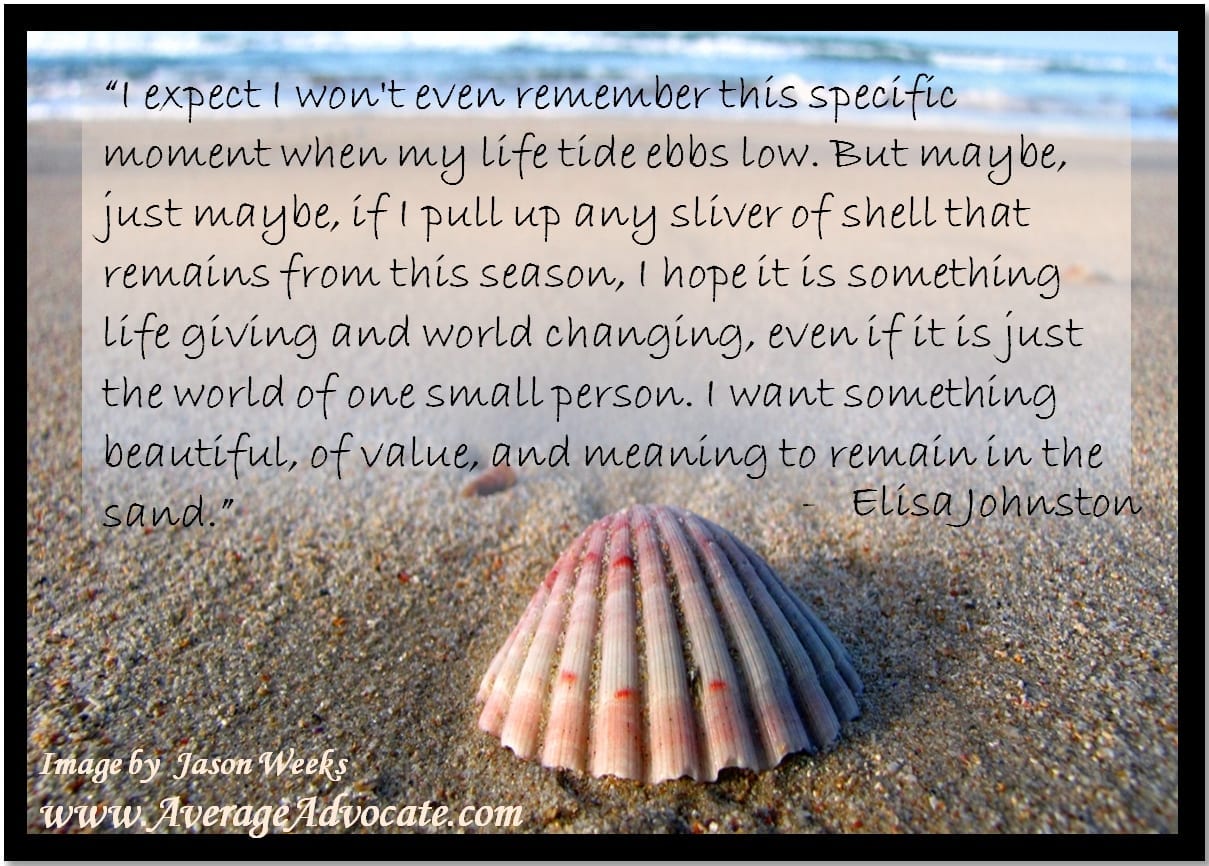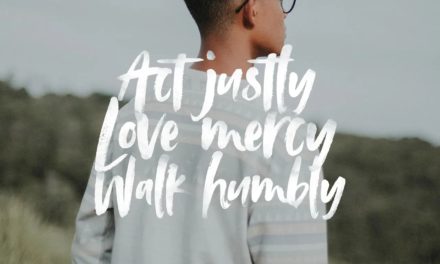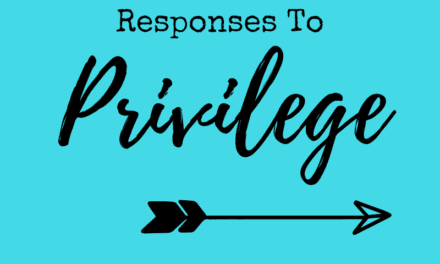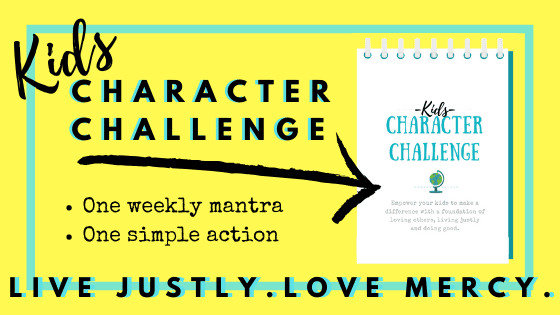What is human trafficking?
Essentially, human trafficking is a fancy name for slavery. Of course, sometimes a slave might not perfectly fit into the legal category of a trafficked person, but most agree that a trafficked person is an enslaved person. Trafficking is illegal under International Law, U.S. Federal Law, and many states have or are creating specific laws to make its illegality enforceable. To better understand the definition of Human Trafficking, read this post: What Does “Human Trafficking” Mean?
When does human trafficking happen?
Although in the United States slavery was supposedly written away with the Thirteenth Amendment, it still has not disappeared. Human trafficking is modern slavery. Currently there are around 30 million people enslaved, with a little less than one million more trafficked into slavery per year. To give you some perspective, that is about the population of Oklahoma and Texas combined. Or North Carolina, Virginia, D.C., and Maryland. Australia and New Zealand. Or a little less than Canada’s population. However you need to mentally comprehend that number aside, this is more than the number of slaves than “. . . were bartered during four centuries of the transatlantic slave trade” (Batstone, 2010, p.6). Slavery was. And it still is now.
Who are victims of trafficking?
victims of trafficking?
Victims of trafficking can be anyone, but females are trafficked more than men, and approximately 50% are minors. Victims might be forced to work under bonded labor, in factories, cocoa fields, the sex industry, as domestic servants, and as soldiers for rebel forces. Those who are trafficked are often also very vulnerable, having little power. Homeless individuals, refugees, those alone or without a support system, those who are in poverty, and those who are in financial crises are often the ones exploited. Even so, they were just everyday people who at some point were taken advantage of, often trusting a promise for a new job or a loan. But those promises ended up being a lies. Victims can be of any nationality; Americans are not excluded.
Why does human trafficking happen?
Human trafficking happens for the same reason most things happen- it is profitable. In fact, it is widely circulated that it is the third most profitable business for organized crime (although some argue this claim needs more support). Economically, slavery is guided by the laws of supply and demand. Slavery thrives when there is a large pool of vulnerable people worldwide, coupled with there being little risk for getting caught and punished effectively.
Where is human trafficking occurring?
Everywhere. Most of those who are trying to stop slavery get involved because they have become aware of it happening around them. To be a victim of traffickin g one does not even have to be transported anywhere, although that is often the case. This is because it is much more likely victims will not get away if they do not know the culture, laws, language. It helps that victims are also illegal aliens. Human Trafficking occurs in the United States as well- It is estimated that there are 100 thousand individuals in the U.S. who are caught in trafficking, with 17 thousand new victims annually. In the States it is not uncommon for human trafficking to take the form of what looks like just everyday prostitution. In my own Northern Virginia there is slavery. We might have the top median income in the States, but we also have a human trafficking problem.
g one does not even have to be transported anywhere, although that is often the case. This is because it is much more likely victims will not get away if they do not know the culture, laws, language. It helps that victims are also illegal aliens. Human Trafficking occurs in the United States as well- It is estimated that there are 100 thousand individuals in the U.S. who are caught in trafficking, with 17 thousand new victims annually. In the States it is not uncommon for human trafficking to take the form of what looks like just everyday prostitution. In my own Northern Virginia there is slavery. We might have the top median income in the States, but we also have a human trafficking problem.
Check out this slavery map to give you a better idea of where modern slavery is happening: http://www.slaverymap.org/
Who is working to put an end to trafficking?
Activists to halt human trafficking are called abolitionists. There is a new branch of our government dedicated to stopping trafficking, The Office to Monitor and Combat Trafficking in Persons created in 2003. Then there are those who just make the minor efforts or lifestyle changes because they are aware of slavery, such as calling the National Human Trafficking Hotline ( 1-888-373-7888) if they see something suspicious. Or maybe they question who made some of the chocolate and clothing they buy. Or maybe they make the decision to not buy women in any way- these things are done by just the average person. You and me. We might not be activists, but we can still be abolitionists. All three of these actions are the essential to change global culture from one in which slavery is overlooked, to one in which slavery is not tolerated.
Please also check out the post Sex Trafficking 101 and consider taking part in Blackout Trafficking
References:
Batstone, B. (2010). Not For Sale- The Return of the Global Slave Trade (Revised and Updated). HarperOne: New York.
Bradley, M. (2010, Oct.). Human Trafficking Workshop. Sterling, VA. http://PolarisProject.org/
Jordan, A. (2011, May). Rights Work. ISSUE PAPER 3 – Fact or Fiction: What do we really know about human trafficking?. Retrieved from web on June 15th, 2011 from http://rightswork.org/2011/05/issue-paper-3-fact-or-fiction-what-do-we-really-know-about-human-trafficking/#comment-358








Trackbacks/Pingbacks